One clear fact that had been identified prior to the campaign and became increasingly apparent is the lack of integration across the broad spectrum of land based interests by those that were meant to be representative of the public voice. When the voice of the FC was silenced, it highlighted their omnipresence with regards trees and woodlands in the UK and the necessary support associated with the industry and all values associated with UK trees and woodland. These values contained factors that had been identified in their modern sense for more than 30 years and have existed since Neolithic man first settled down: The peoples bond with their landscape.
What was also proved is that many of the incumbent large NGOs were unprepared and worse, unable to provide the mechanism to produce a cohesive argument that transcended all the boundaries of the relevant issues. For many of the smaller NGOs this is beyond their policy and their contribution, confined to their special interest, and thus added further strength to the campaign as it progressed. But the large NGOs were very slow to publish their stance or even realise their stance, thus showing a lack of knowledge and certainly a loss of touch with the public and even their members which was quickly criticised by several within and on the periphery of landscape and natural heritage issues.
This was particularly surprising given that global and European rhetoric based on substantial academic research has been slowly introduced and implemented with new policies adopting the ideals of sustainable land management in all its guises for the last twenty years.
The stoicism of some NGOs is understandable for fear of disrupting what for many has become a safe, privileged and powerful position, the only real evolvement has been the PR element, the image and a close relationship with the media. Indeed many governmental agencies have copied this sole modern element of the NGO model, (English Heritage for example), in how they present themselves to whom they serve. It was good for the members also as this safe image was clearly in line with a desired ‘landscape’ encounter. The staged and well managed Sunday trip to the countryside and its woodlands, with the uniform waymarkers and signage, obligatory interpretation panel and picnic benches allowing the public to enjoy but not interfere.
This ‘honeypot’ system of management was designed to ensure the protection and biodiversity of the area. But together with many other factors, (the subject has resulted in much academic published theory), it helped to transform a mindset from good custodial practice in maintaining a balance into a more deep green philosophy of land ownership, at odds with obligations to profit for the well being of the population at large.
The fact is that the furore over the possible sale of public forest estate brought together the industry, the practitioners but most importantly the public themselves. During the campaign some stated this was ‘unpredicted’. But it was predicted, indeed it formed the basis of much convention text to apply into practice and there were many who knew that there would be a ‘revolution’ of sorts within land based industry to break through the PR and media mist that has settled over the English landscape and bring land management back into an agenda where the public were the central policy rather than a necessary nuisance. The reality is that the public are the custodians and will ensure the safety and protection of their landscape if they are educated in this properly rather than herded.
The government U-turn is welcome, in media language ‘U-turn’ is an ill word for a politicians decision, why? This is what the people wanted and it has been given to them. It should never have got to this stage and whether there is blame to apportion in government is irrelevant in progressing from the present time. The NGOs will be falling over themselves to represent our interests in ‘the coming discussions’ for the future sustainable land management for the UK – they should be allowed a voice as major landowners, yet they have missed the opportunity to realise the importance of the published data, which had discovered that the bond between people and landscape was so strong that it is THE fundamental base for any policy decisions in terms of ALL land use issues and thus representation of the people and practitioners must be heard clearly in all future discussion to avoid the costs, emotional and financial incurred over the last 4 months.













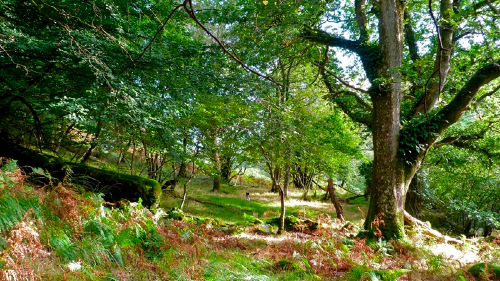
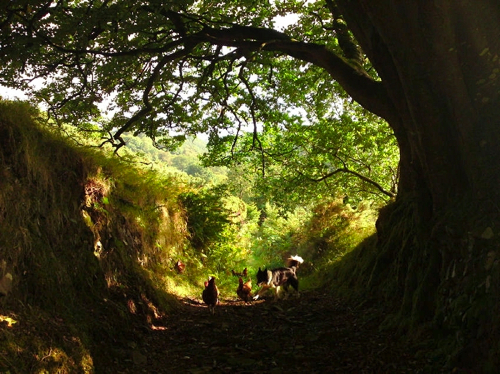
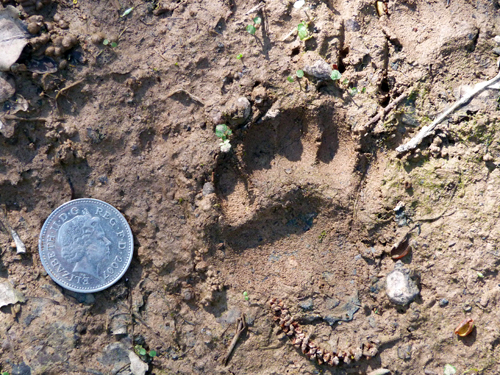

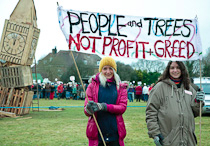


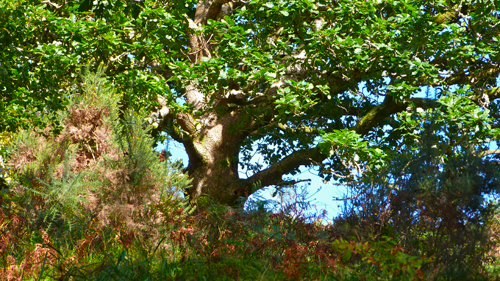

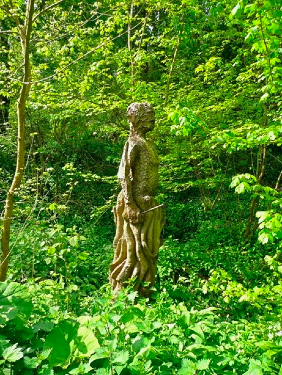
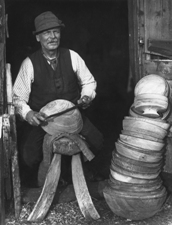



I have copied here a piece out of the e-mail I sent my MP as it is relevant and says what I feel.
“There is no way ANY Democratic Government should EVER be granted the right to dispose of a national asset as it sees fit, without coming back to the people for the right to do so. That is Democracy in a free country.”
This campaign will not stop here. It is time the UK Governement realised it is ruling on behalf of the people not in spite of them.